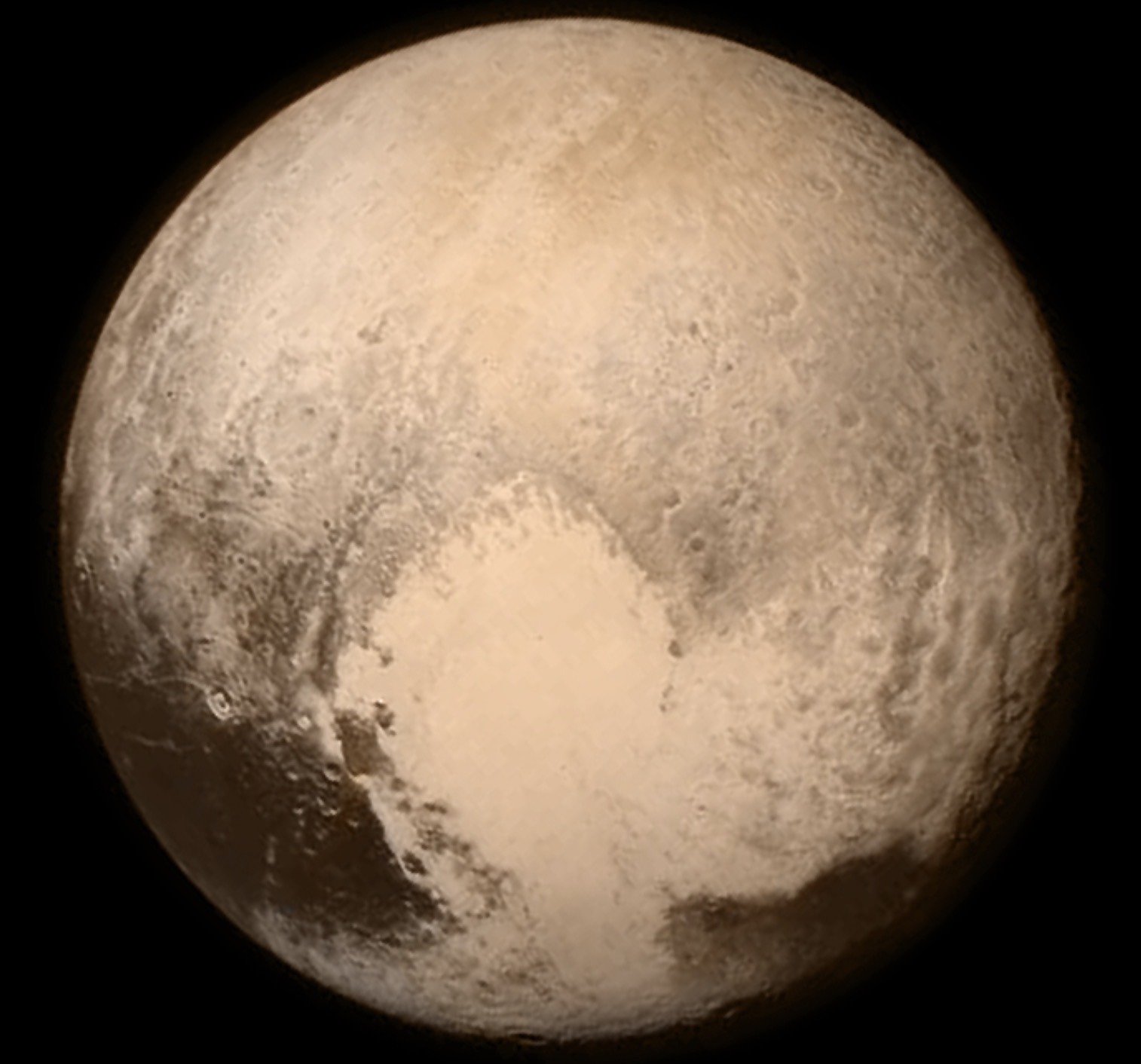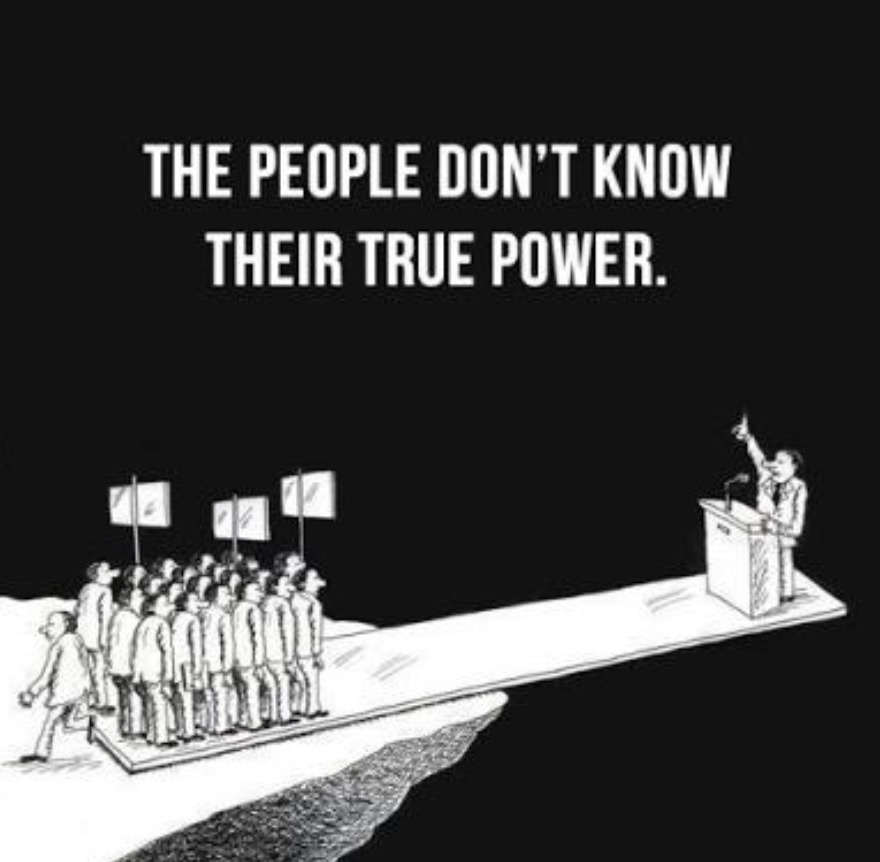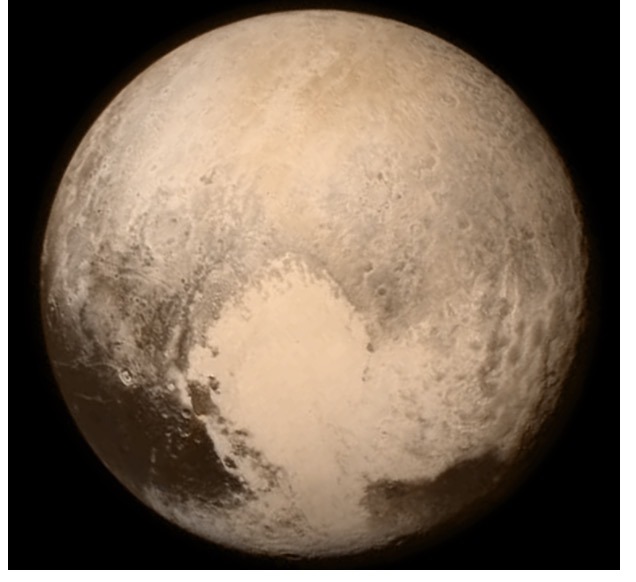
Pluto takes 248 years to orbit the sun.
The most recent, and perhaps most important, network challenge to hierarchy comes with the advent of virtual currencies and payment systems like Bitcoin. Since ancient times, states have reaped considerable benefits from monopolizing or at least regulating the money created within their borders. It remains to be seen how big a challenge Bitcoin poses to the system of national fiat currencies that has evolved since the 1970s and, in particular, how big a challenge it poses to the “exorbitant privilege” enjoyed by the United States as the issuer of the world’s dominant reserve (and transaction) currency. But it would be unwise to assume, as some do, that it poses no challenge at all.
Clashes between hierarchies and networks are not new in history; on the contrary, there is a sense in which they are history. Indeed, the course of history can be thought of as the net result of human interactions along four axes.
The first of these is time. The arrow of time can move in only one direction, even if we have become increasingly sophisticated in our conceptualization and measurement of its flight. The second is nature: Nature means in this context the material or environmental constraints over which we still have little control, notably the laws of physics, the geography and geology of the planet, its climate and weather, the incidence of disease, our own evolution as a species, our fertility, and the bell curves of our abilities as individuals in a series of normal distributions. The third is networks. Networks are the spontaneously self-organizing, horizontal structures we form, beginning with knowledge and the various “memes” and representations we use to communicate it. These include the patterns of migration and miscegenation that have distributed our species and its DNA across the world’s surface; the markets through which we exchange goods and services; the clubs we form, as well as the myriad cults, movements, and crazes we periodically produce with minimal premeditation and leadership. And the fourth is hierarchies, vertical organizations characterized by centralized and top-down command, control, and communication. These begin with family-based clans and tribes, out of which or against which more complex hierarchical institutions evolved. They include, too, tightly regulated urban polities reliant on commerce or bigger, mostly monarchical, states based on agriculture; the centrally run cults often referred to as churches; the armies and bureaucracies within states; the autonomous corporations that, from the early modern period, sought to exploit economies of scope and scale by internalizing certain market transactions; academic corporations like universities; political parties; and the supersized transnational states that used to be called empires…
Our own time is profoundly different from the mid-20th century. The near-autarkic, commanding and controlling states that emerged from the Depression, World War II, and the early Cold War exist only as pale shadows of their former selves. Today, the combination of technological innovation and international economic integration has created entirely new forms of organization—vast, privately owned networks—that were scarcely dreamt of by Keynes and Kennan. We must ask ourselves: Are these new networks really emancipating us from the tyranny of the hierarchical empire-states? Or will the hierarchies ultimately take over the networks as they did a century ago, in 1914, successfully subordinating them to the priorities of the national security state?
– From the 2014 post, Networks vs. Hierarchies: Which Will Win?
Two hundred and fifty years ago, it was 1767, and the seeds of the American revolution were being spread across the 13 colonies. The Stamp Act became law two years prior, and many of King George’s subjects across the Atlantic had become enraged by this “taxation without representation.” A few years later came the Boston Massacre, followed by the Boston Tea Party. The rest is history.
Two hundred and fifty years prior to that, on October 31, 1517 (exactly 500 years ago today), Martin Luther sent his Ninety-Five Theses on the Power and Efficacy of Indulgences to the Archbishop of Mainz, thus kicking off the Protestant Reformation. The Catholic Church’s extraordinary influence over the religious and political life of Europe up to that point would never be the same again.
Both these eras were earth-shattering revolutionary time periods which massively transformed the Western world over the subsequent centuries. Taking on the Catholic Church in the early 16th century and Great Britain in the late 18th would’ve seemed like total suicide to people living at that time. Nevertheless, and against all odds, both Great Britain and the Catholic Church were successfully confronted and exposed as more vulnerable than anyone had imagined.
Read more
Follow me on Twitter.







